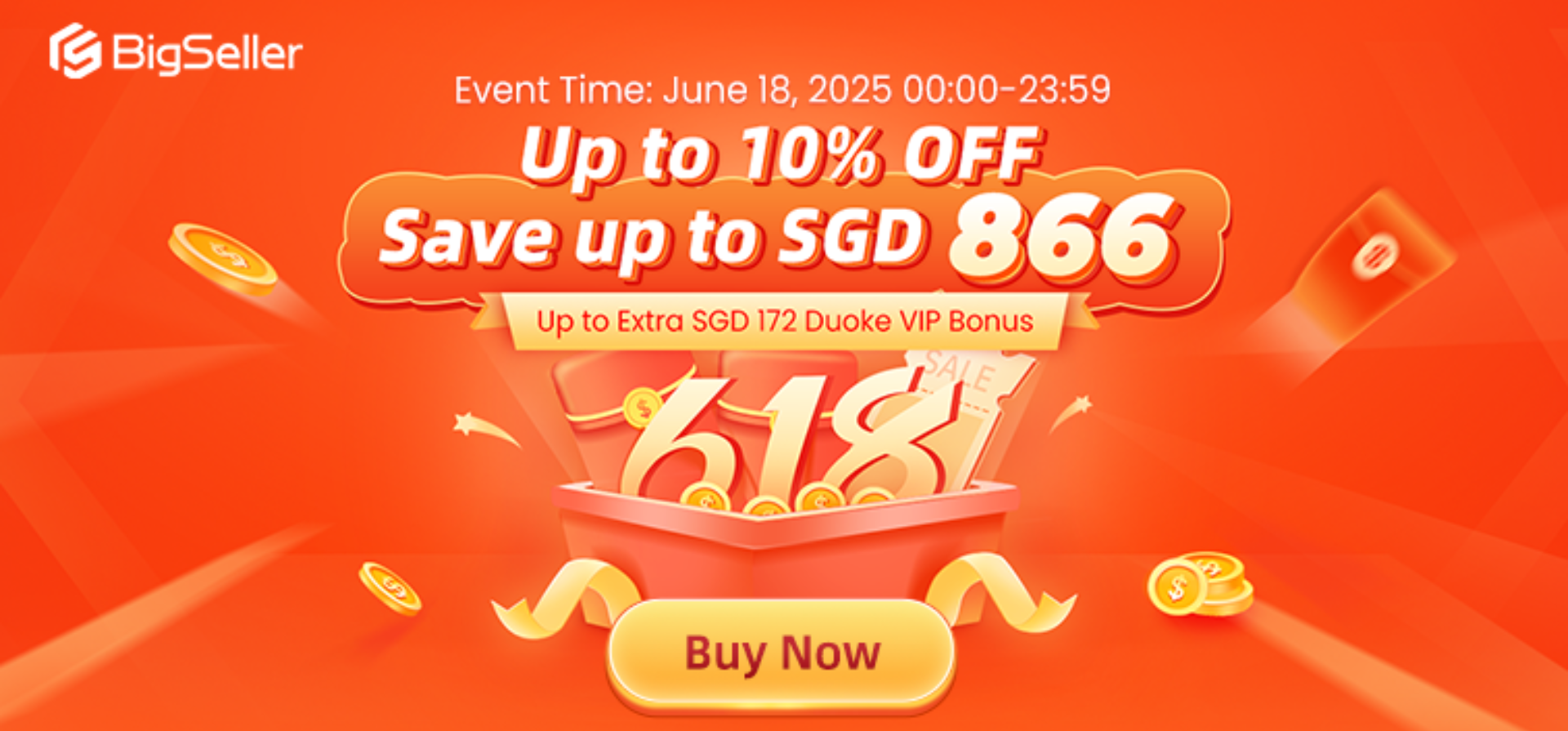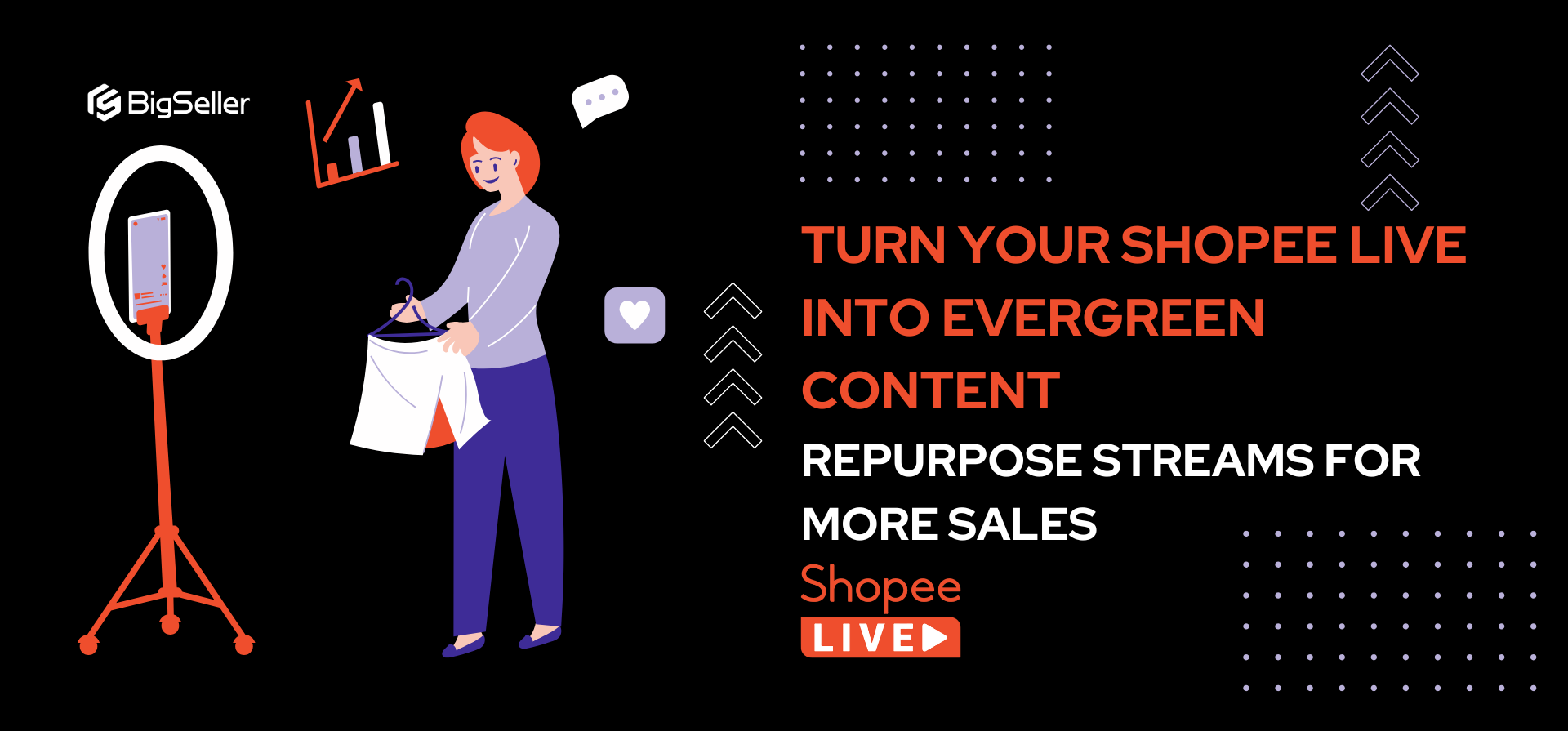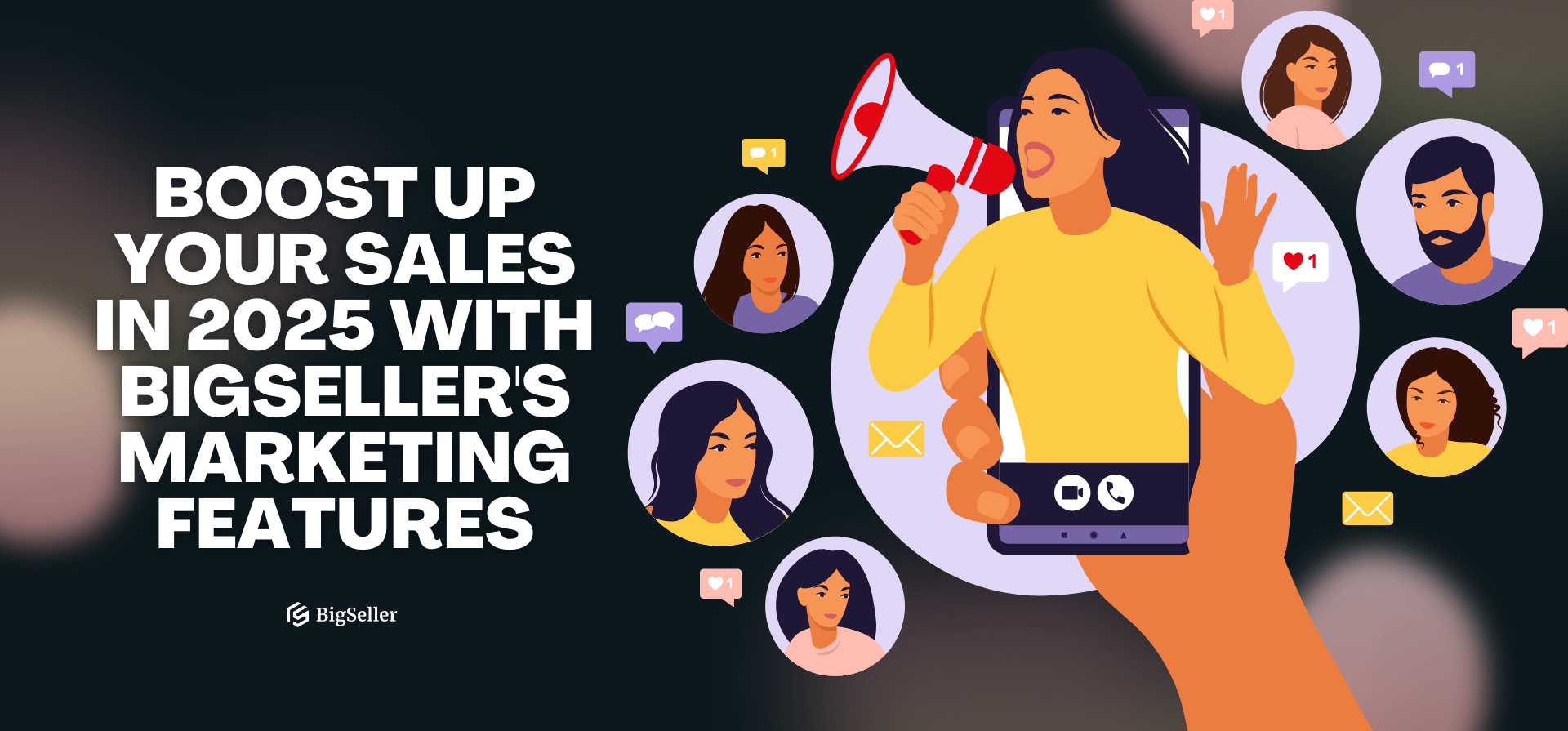How Malaysian Shopify Stores Are Using Social Media to Drive Sales
Erra 29 Apr 2025 06:00ENCopy link & title
In this article, based on the statistics provided by Store Leads, we’ll examine how Malaysian Shopify stores are utilising these social media platforms in 2025 and offer insights into which channels are best suited for different business niches.
Instagram: The Leading Platform for Visual Branding
With 55.9% of Shopify stores in Malaysia using Instagram, it's clear that this platform is the go-to for visual branding. You can showcase products creatively through posts, Stories, and Reels, which helps catch the attention of potential buyers.
-
Visual content: Instagram is all about aesthetics, making it the ideal platform for showcasing products, especially in visually-driven industries.
-
Influencer collaborations: Working with influencers can help boost a brand’s visibility and credibility in a natural and authentic way.
-
Product showcases: The platform's features like shoppable posts allow businesses to directly link products, making the purchasing process seamless.
Instagram works best for fashion, beauty products, lifestyle items, and home decor, or anything that benefits from looking attractive in photos and videos. If your Shopify store sells products that people love to see before they buy, Instagram should be a big part of your marketing plan to boost your traffic and sales.
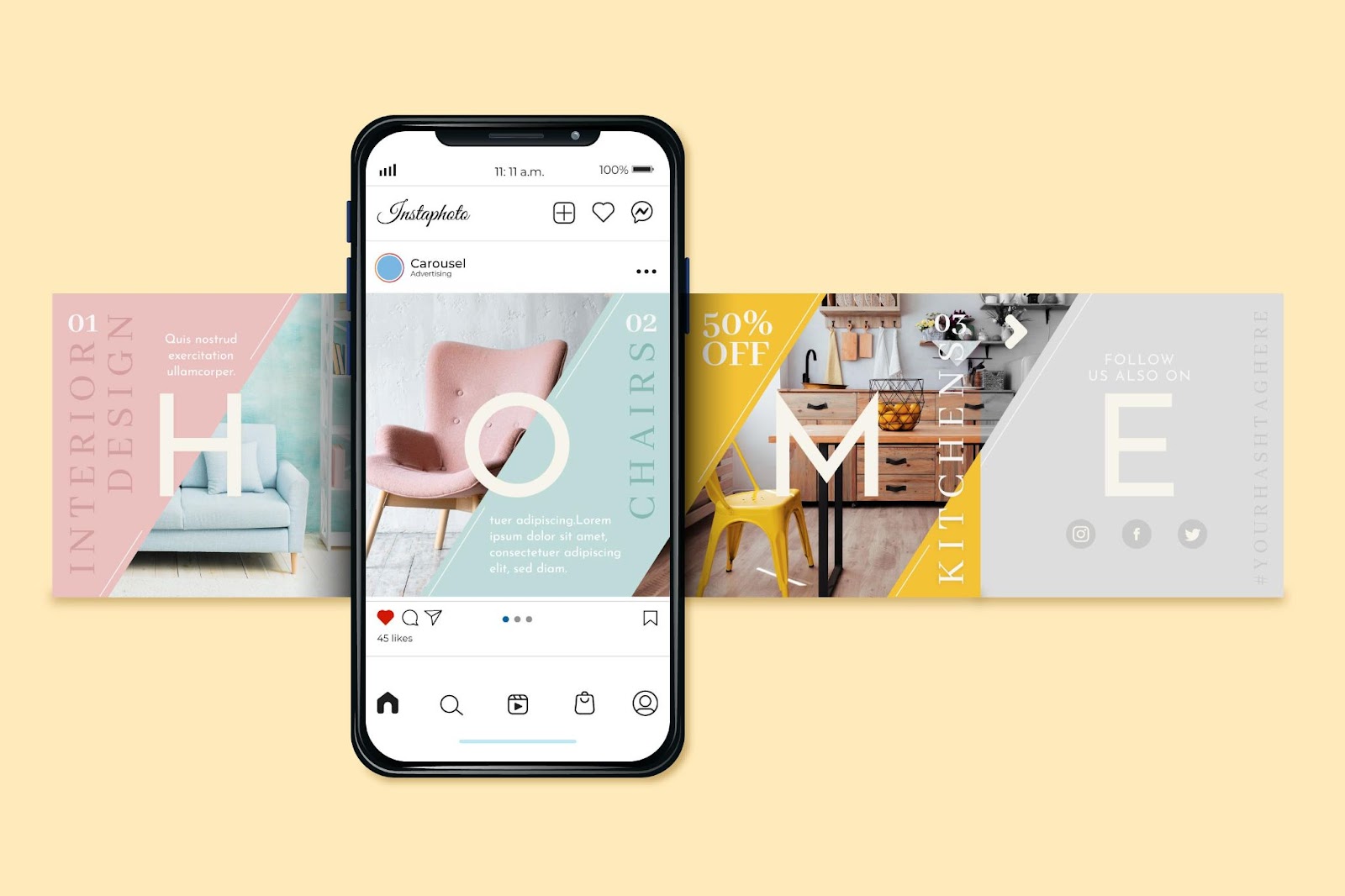
Facebook: Building Communities and Trust
Even though newer apps like TikTok are getting popular, Facebook is still very important for online stores in Malaysia as 43.6% of Shopify sellers are using it.
-
Community building: Businesses can create a loyal customer base by setting up Facebook Pages and Groups where people can interact, share feedback, and feel part of a brand’s "community."
-
Precise ad targeting: Facebook’s ads are powerful because you can specifically target people based on their age, location, interests, shopping behavior, and more, meaning your ads reach the right audience.
-
Customer service: Through Messenger, brands can reply to customer questions quickly, build trust, and offer a more personal shopping experience.
Facebook works well for gadgets, family-related products, fitness gear, and local brands. Basically products that benefit from strong customer relationships and trust. If your product depends on building trust, word-of-mouth, and a personal connection with customers, Facebook is a great place to focus your marketing efforts.
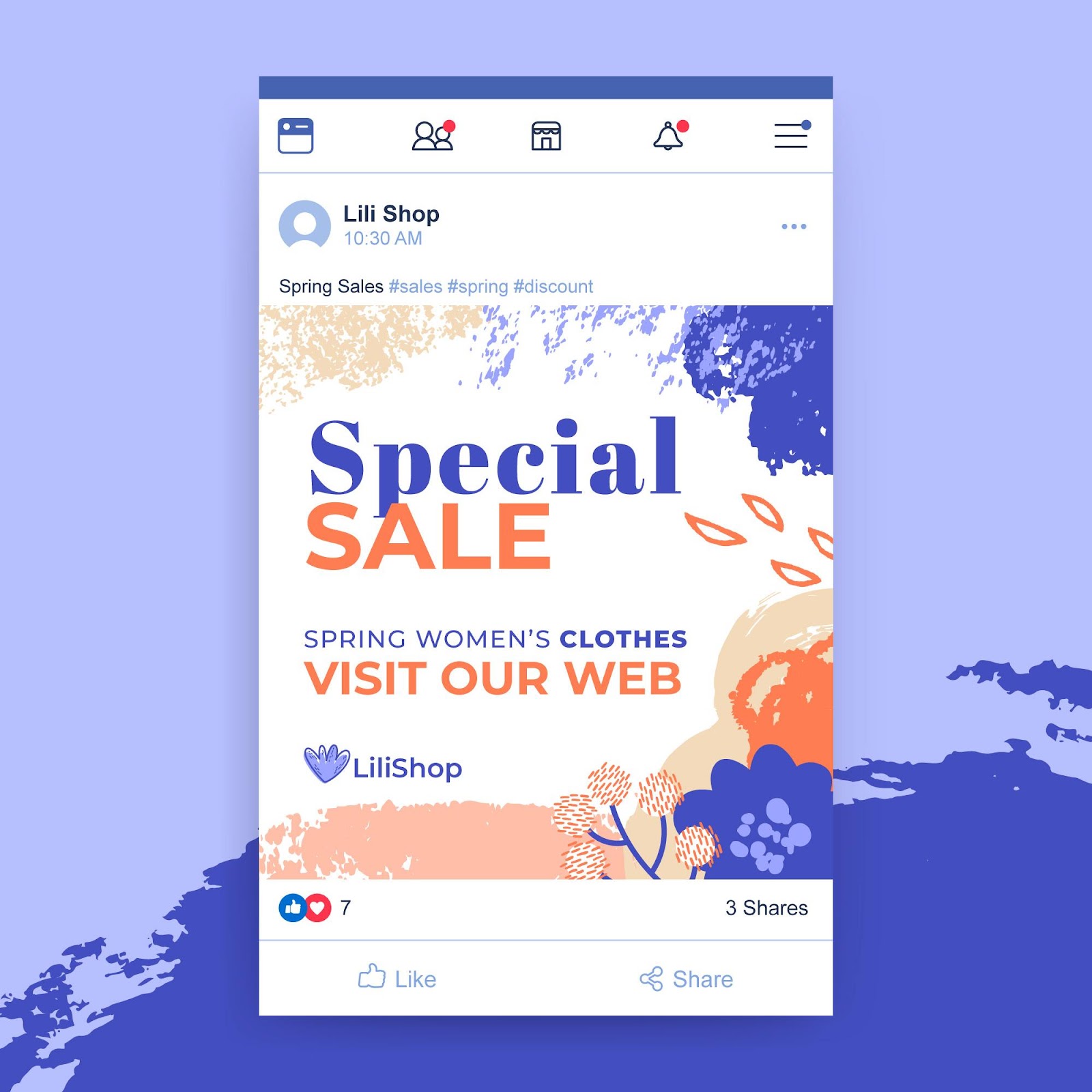
TikTok: The Fastest Growing Channel
TikTok is gaining fast among Malaysian Shopify stores with 17.4% are using it to reach more people through fun and engaging short videos. It’s especially popular with younger audiences and brands that want to go viral quickly.
-
Viral potential: TikTok’s algorithm gives small brands a big chance to be seen by thousands (or even millions) without spending a lot on ads.
-
Real, behind-the-scenes content: Users prefer content that feels natural and authentic — like product demos, packing orders, or brand stories.
-
Gen Z-friendly: TikTok is the go-to platform for younger shoppers who love discovering cool, new products through short videos.
TikTok is perfect for trendy fashion, beauty products, tech gadgets, and food or drink items, especially those that look fun or satisfying in videos. If your brand is targeting younger, trend-savvy customers and your product looks great in action, TikTok is a powerful platform to increase visibility and sales fast.

Other Platforms: Supporting Channels
While most Malaysian Shopify stores rely heavily on Instagram, Facebook, and TikTok, other platforms like YouTube, Twitter (now called X), WhatsApp, LinkedIn, and Pinterest still have their place, especially when used as part of a broader marketing strategy.
Here’s when these platforms can be helpful:
-
YouTube: Best for detailed videos like tutorials, reviews, or product demos. Great if your products need a bit more explanation.
-
X (Twitter): Ideal for quick updates, real-time chats, and responding to customer questions.
-
WhatsApp: A powerful tool for one-on-one communication. Good for customer service, sending updates, or closing sales directly.
-
LinkedIn: Perfect if your business targets professionals or other businesses (B2B), like selling office supplies or services.
-
Pinterest: A visual platform that works well for inspiration-based products like home decor, DIY, fashion, or recipes.
Even though they’re not the main focus, using these supporting platforms alongside your primary ones can help you reach more people and build a stronger online presence.

Tips for New Shopify Stores in Malaysia
If you’ve just launched your Shopify store and are starting to use social media, here are some helpful tips to get you going:
-
Start small: Focus on just one or two platforms first like Instagram and Facebook, or maybe TikTok if your target market is younger. You don’t need to be on every platform from day one.
-
Make local, visual content: Use high-quality photos or videos that feel relatable to Malaysians. Show your products in real-life settings and keep your branding consistent.
-
Engage with your audience: Reply to DMs and comments. It helps build trust and a loyal community around your brand.
-
Try ads later on: Once your organic (free) content is doing well, think about using paid ads to reach more people and grow faster.
From Inventory to Insights: Why BigSeller Completes Your Ecommerce Stack
To fully capitalise on the power of social media, you also need to have a reliable and efficient backend system to manage your ecommerce operations. As an all-in-one ecommerce management tool, BigSeller streamlines a variety of tasks that are crucial for the smooth operation of your business. From inventory management to creating push rules for stores with multiple warehouses, BigSeller offers comprehensive solutions to simplify your processes.
It also provides powerful tools for marketing, image editing, and easy integration with multiple logistics providers, ensuring you can connect and manage all aspects of your store in one place. With BigSeller, you can track orders effortlessly, process multi-platform orders with just one click, and generate detailed reports that give you insights into your sales and performance across platforms.

Whether you're just starting or expanding your business, integrating BigSeller into your workflow allows you to manage everything from inventory to marketing with ease, empowering you to grow and succeed in the competitive ecommerce space.
Try BigSeller for free today and experience how it can support your e-commerce journey!
Don’t forget to subscribe to BigSeller’s WhatsApp Channel to get the latest updates, tips, and e-commerce news straight to your phone!


